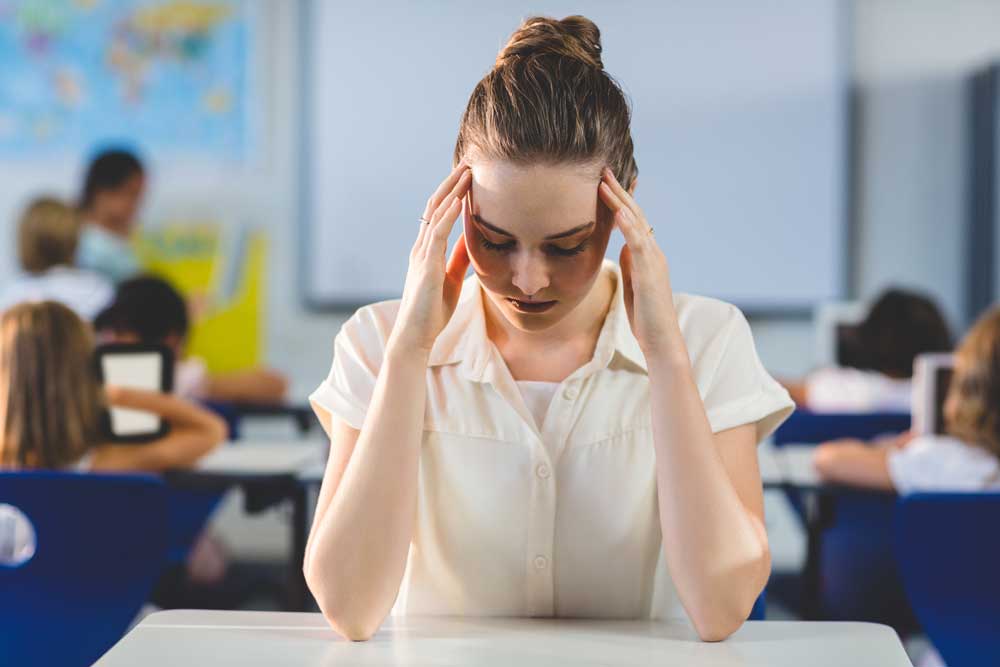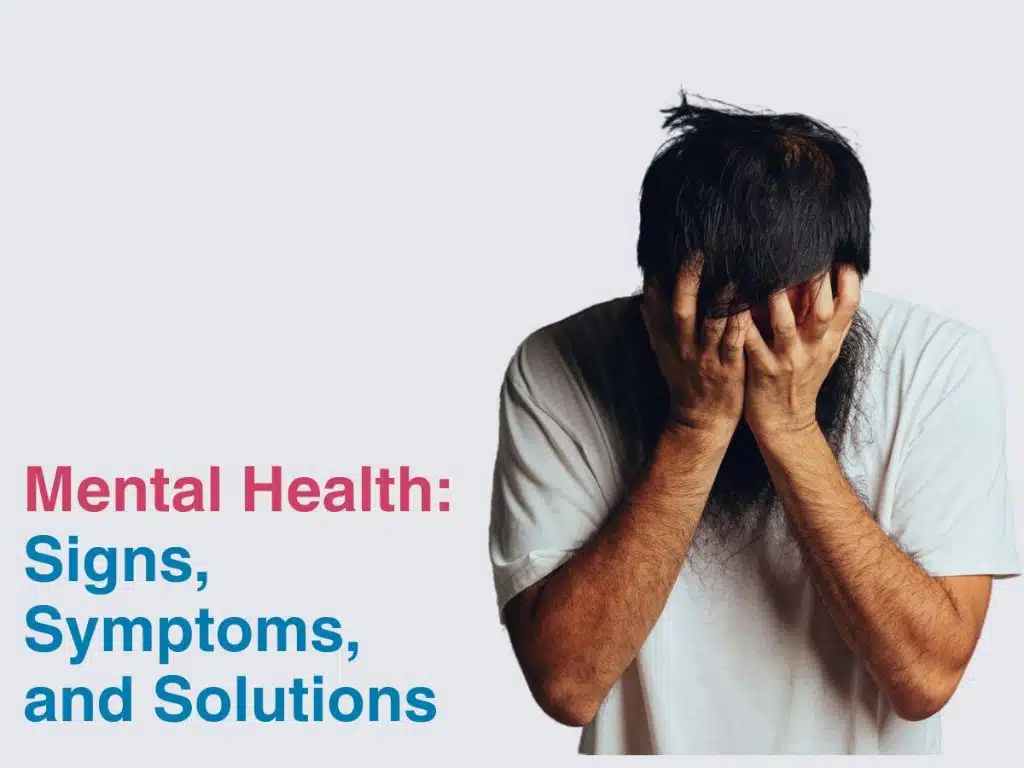
In today’s fast-paced world, stress and anxiety have become common companions for many people. Whether it’s the pressures of work, personal relationships, financial concerns, or simply the overwhelming nature of modern life, mental health challenges are more prevalent than ever. However, understanding how to effectively cope with stress and anxiety can significantly improve your overall well-being. In this comprehensive guide, we’ll explore practical and proven coping strategies to help you navigate life’s challenges with resilience and confidence.
Understanding Stress and Anxiety
What is Stress?
Stress is the body’s natural response to external pressures or demands. It can be triggered by various factors such as deadlines, major life changes, or unexpected challenges. While a certain amount of stress can be beneficial by keeping us alert and motivated, chronic stress can lead to serious health issues like heart disease, digestive problems, and weakened immunity.
What is Anxiety?
Anxiety, on the other hand, is characterized by excessive worry or fear. Unlike stress, which is typically linked to a specific situation, anxiety often persists even when no immediate threat is present. It can manifest through physical symptoms such as a rapid heartbeat, sweating, or restlessness. If left unmanaged, anxiety can lead to disorders like generalized anxiety disorder (GAD), panic disorder, and social anxiety disorder.
Common Causes of Stress and Anxiety
- Work-Related Pressures: Deadlines, workload, job insecurity, and workplace conflicts can all contribute to high stress levels.
- Financial Concerns: Managing bills, debt, or financial instability can lead to constant worry and anxiety.
- Relationship Issues: Conflicts with loved ones or the loss of a relationship can trigger emotional stress.
- Health Challenges: Dealing with chronic illness or health uncertainties can be mentally exhausting.
- Life Changes: Major transitions, such as moving, changing jobs, or becoming a parent, can be overwhelming.
The Importance of Coping Strategies
Coping strategies are methods or techniques used to manage stress and anxiety effectively. Adopting healthy coping mechanisms not only improves mental health but also enhances productivity, relationships, and overall life satisfaction. On the other hand, poor coping strategies like substance abuse or avoidance can worsen anxiety and stress, leading to a cycle of negative emotions.
Effective Coping Strategies for Stress and Anxiety
1. Mindfulness and Meditation
Practicing mindfulness helps in staying grounded and focused on the present moment. Techniques like deep breathing, guided meditation, and body scans reduce anxiety by calming the mind. Apps like Headspace and Calm offer guided sessions to ease you into the practice.
2. Physical Activity
Exercise is a powerful stress reliever. Engaging in activities like walking, jogging, yoga, or even dancing releases endorphins – the body’s natural mood lifters. Aim for at least 30 minutes of moderate exercise daily to maintain mental and physical well-being.
3. Healthy Lifestyle Choices
- Balanced Diet: Eating nutrient-rich foods like fruits, vegetables, lean proteins, and whole grains helps stabilize mood and energy levels.
- Adequate Sleep: Aim for 7-9 hours of quality sleep per night. A consistent sleep routine enhances emotional resilience and cognitive function.
- Limiting Caffeine and Alcohol: Excessive consumption can trigger anxiety and disrupt sleep patterns.
4. Social Support and Communication
Connecting with supportive friends, family members, or joining support groups reduces feelings of isolation. Open communication allows you to share your experiences and gain emotional support.
5. Time Management and Organization
Prioritizing tasks and setting realistic goals can prevent feeling overwhelmed. Using planners or digital tools for scheduling reduces stress by creating a sense of control over your responsibilities.
6. Professional Help
If stress and anxiety become overwhelming or interfere with daily functioning, seeking help from a mental health professional is crucial. Therapy approaches like Cognitive Behavioral Therapy (CBT) and counseling provide effective tools for managing anxiety.
7. Hobbies and Relaxation Techniques
Engaging in hobbies like painting, reading, gardening, or playing a musical instrument helps in diverting focus from stressors. Additionally, relaxation techniques like aromatherapy, listening to music, or taking a warm bath can be soothing.
Coping Strategies for Specific Situations
- Work-Related Stress
- Take regular breaks to recharge.
- Practice time-blocking to manage tasks efficiently.
- Communicate clearly with colleagues or supervisors about workload concerns.
- Social Anxiety
- Gradual exposure to social settings can build confidence.
- Deep breathing exercises help manage anxiety symptoms in social scenarios.
- Challenging negative thoughts through cognitive restructuring is effective.
- Financial Anxiety
- Creating a budget or financial plan brings clarity and control.
- Consulting with financial advisors or support groups can provide guidance.
- Focusing on solutions rather than problems reduces anxiety.
When to Seek Professional Help
While self-help strategies are effective for managing mild to moderate stress and anxiety, it is essential to seek professional help if:
- Anxiety or stress becomes chronic or overwhelming.
- It interferes with daily life, work, or relationships.
- Physical symptoms like headaches, digestive issues, or sleep disturbances persist.
- Feelings of hopelessness or thoughts of self-harm occur.
Mental health professionals such as psychologists, psychiatrists, or licensed counselors can provide personalized treatment options, including therapy, counseling, or medication if necessary.
Conclusion: Prioritizing Mental Health
Mental health matters, and learning to cope with stress and anxiety is crucial for leading a balanced and fulfilling life. By incorporating effective coping strategies like mindfulness, physical activity, and professional support, you can build resilience and navigate life’s challenges with greater ease.
Frequently Asked Questions (FAQs)
1. Can anxiety go away on its own?
Mild anxiety may decrease over time, especially with lifestyle changes and coping strategies. However, chronic anxiety typically requires professional intervention.
2. How does exercise help with stress and anxiety?
Exercise boosts endorphin levels, reduces cortisol (stress hormone), and improves overall mood, thus reducing stress and anxiety.
3. Is medication necessary for anxiety?
Medication is not always necessary but may be recommended for severe anxiety disorders. It is best to consult a mental health professional for personalized advice.
4. Can dietary changes reduce anxiety?
Yes, consuming a balanced diet with nutrients like Omega-3 fatty acids, magnesium, and B vitamins can positively impact mood and reduce anxiety.



 DailyMediCure
DailyMediCure 









